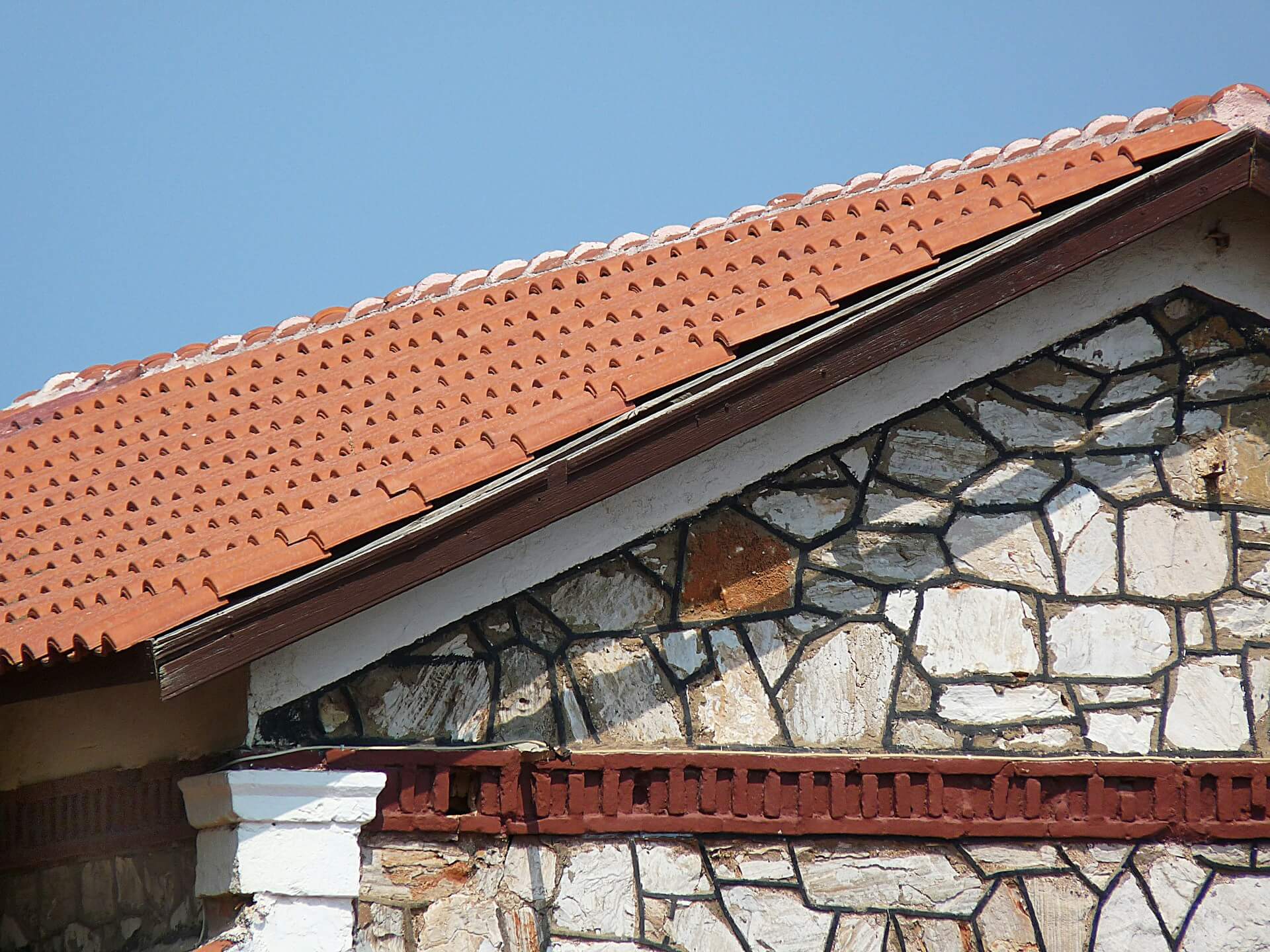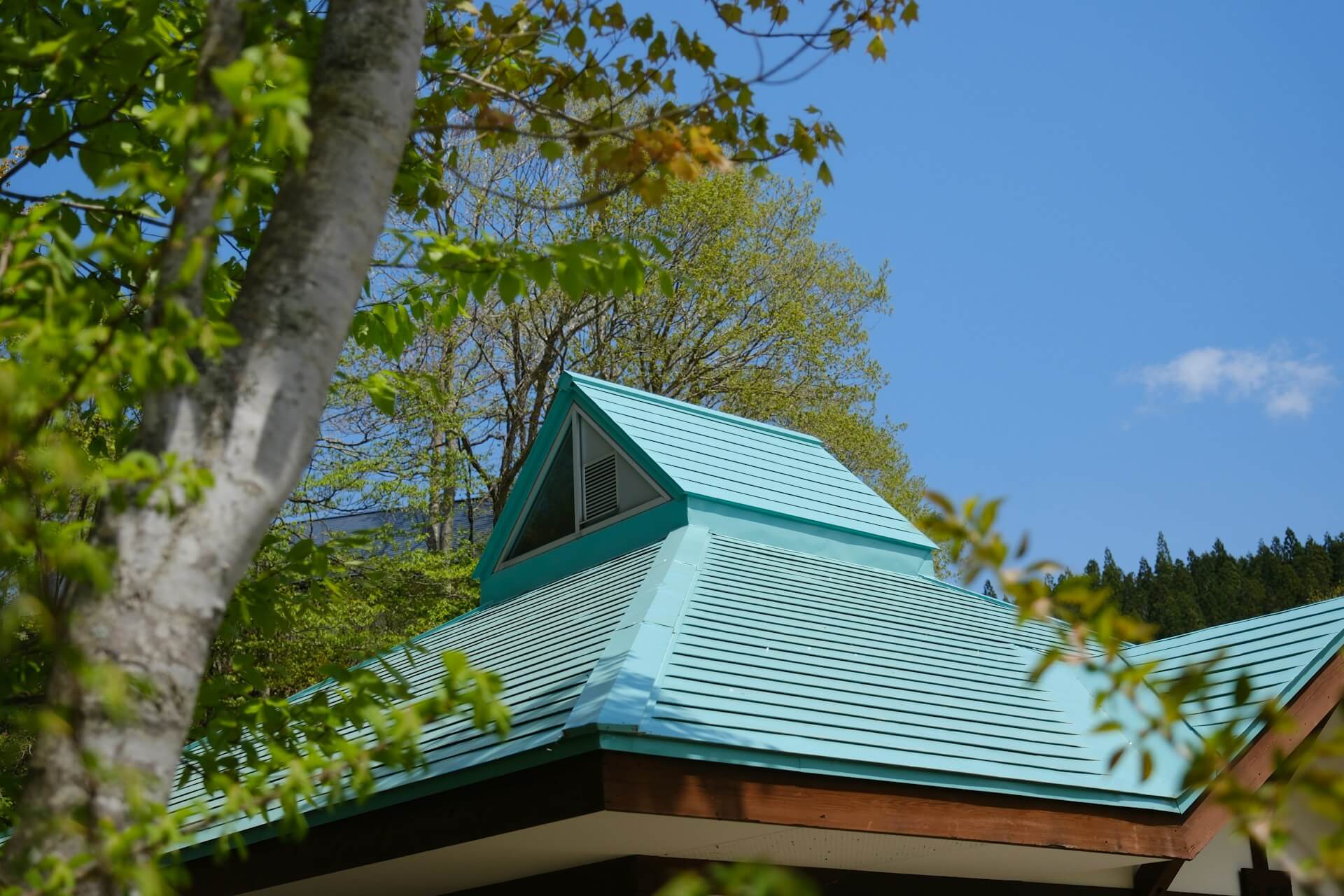How a New Roof Can Boost Rental Value

When property owners consider upgrades to boost rental value, they often prioritize kitchens, bathrooms, or curb appeal. One significant improvement that is sometimes overlooked is the roof. A new roof might not be the most glamorous renovation, but it can have a substantial impact on how renters perceive the home, the maintenance costs, and the rental income a landlord can command. With increased attention to energy efficiency, safety, and aesthetics, a new roof is a necessity and a smart investment. Let's explore how a roof replacement can elevate your property's marketability and rental profitability.
Enhancing Curb Appeal and First Impressions
First impressions matter immensely in the rental market. Prospective tenants often make snap judgments about a property based on how it looks from the street, and the roof plays a critical role in shaping that perception. An old, stained, or sagging roof can deter renters before they even step inside, signaling poor maintenance or hidden issues. When you get a new roof, it gives the impression of a well-cared-for property, instantly increasing its appeal. This visual upgrade can lead to quicker rental turnaround and may even allow landlords to set higher initial rent rates.
Boosting Energy Efficiency and Utility Savings
Tenants today are more conscious of energy efficiency, for environmental reasons, and to keep their monthly costs down. A new roof with proper insulation and modern materials can significantly improve a home's energy performance. Reflective shingles, effective underlayment, and improved ventilation reduce heat absorption during the summer and help retain warmth in the winter. These features lower heating and cooling bills, making the property more attractive to renters. In competitive markets, advertising the home as energy-efficient can be a powerful incentive that justifies higher rent or long-term lease agreements.
Reducing Long-Term Maintenance and Repairs
Older roofs often become a source of repeated problems such as leaks, mold growth, structural damage, and even pest infestations. These issues require costly repairs and disrupt the tenant's living conditions, leading to dissatisfaction and potentially early lease termination or bad reviews. For landlords, constant emergency repairs can be stressful, expensive, and time-consuming. By installing a new roof, many of these recurring problems can be eliminated. A modern, well-installed roof offers enhanced protection against the elements, which significantly reduces the frequency of maintenance calls. This stability allows landlords to better plan their budgets, focus on improving other parts of the property, and retain tenants for longer periods.
Improving Insurance Rates and Safety Compliance
A new roof can lead to meaningful savings on property insurance, as insurance companies often assess roof age and condition when determining premiums. A roof in poor shape increases the risk of claims due to leaks, structural failures, or weather damage. Replacing an outdated roof demonstrates a commitment to property upkeep, which insurers reward with lower rates. A new roof helps ensure the rental complies with current building codes and safety regulations, reducing the risk of legal liability. Tenants are more likely to feel safe and valued in a well-maintained home, increasing their trust in the landlord. This results in lease renewals, improved tenant relationships, and more stable rental income.
Supporting Higher-Quality Tenant Applications
A well-maintained property attracts a better pool of applicants. A new roof signals to potential tenants that the landlord is serious about property care, which tends to attract tenants who value and reciprocate that respect. Higher-quality tenants are more likely to pay rent on time, stay longer, and cause fewer issues. Neglecting important components like the roof may attract short-term renters or those who anticipate a lack of enforcement or responsibility from the landlord. Investing in the roof is about setting the tone for a quality rental experience.

Increasing Property Value and ROI
It's important to view a new roof as a capital improvement that enhances rental value and long-term property value. A well-installed roof with durable materials can last decades and add to the home's resale value should you decide to sell in the future. Real estate investors often see a strong return on investment with roofing upgrades, particularly when the new roof is part of a broader renovation strategy. This improvement helps position the rental as a premium property in the market, leading to higher occupancy rates and consistent rental income.
Investing in a new roof is a strategic move that enhances the appeal, efficiency, safety, and profitability of your rental property. From attracting better tenants to minimizing long-term costs and maximizing ROI, the benefits are immediate and long-lasting. If you're looking to improve your rental income and make your property stand out in a competitive market, a new roof might just be the smart upgrade you've been overlooking.